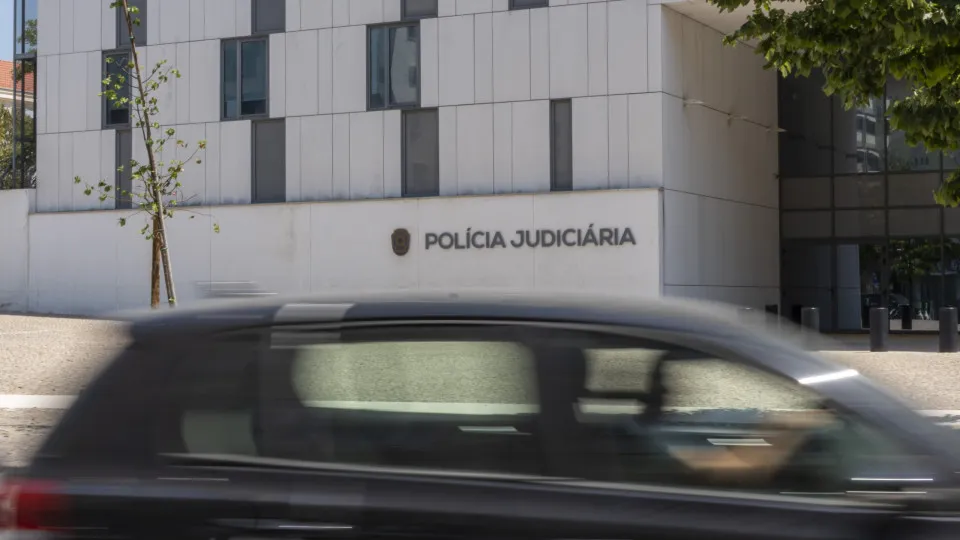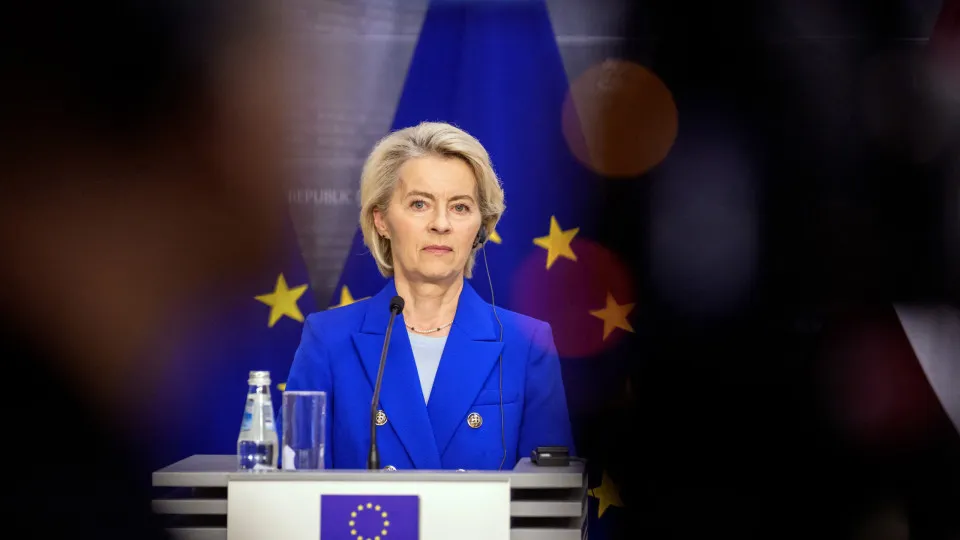
The online auction of Póvoa Dão takes place as a result of the “executive process of Nacala Holdings S.A.R.L and Others,” the village’s owner, as per a press release.
“Located 10 minutes from Viseu, this village spans an area of about 100 hectares. Its key features include traditional houses that retain their original design, as well as a chapel, restaurant, parking, common areas, and landscaped outdoor spaces,” the document highlights.
The auction, open to the public, runs until December 5 this year and “can be acquired for a base value of 1,699,898.08 euros and a minimum value of 1,444,913.35 euros.”
“This is a rare opportunity in the Portuguese real estate market, offering a unique potential for projects such as a luxury eco-resort or tourist village; winery and wine tourism venture; and sustainable rural condominium,” it notes.
The auction house also points to the village’s location in the Dão region, “famous for its wines and mountain landscapes,” with direct access to the Dão River, featuring river beaches “close to the tourist, cultural, and gastronomic routes of Beira Alta.”
“Every stone of Póvoa Dão village tells a story. Among the silence of the valley and the sound of the river, this village is a refuge of authenticity, a setting where tradition and modernity meet. This village is the answer for those seeking a distinctive investment and an authentic piece of Portugal,” the auction house asserts.
Póvoa Dão made news in May 1995 when it was sold for 80 thousand escudos (about 400 thousand euros), a time when four elderly individuals lived in the village, from the dozens of families that inhabited the area 20 years earlier (in the 1970s).
In 1995, it was the second time the village had been sold, following a “first transaction involving 11 contos de reis,” according to a report from that time.
By 2000, Póvoa Dão was once again in the spotlight for its 32 houses (ranging from studios to three-bedrooms) built entirely in granite, on the left bank of the Dão River, being available for sale and tourism.
Four years after this, Vitor Catarino, president of the Catarino Group from Cantanhede that bought and restored the village, stated that although several families had already occupied their homes for over a year with habitation permits, the village tourism license that allows tourists to be received in some reserved homes was only granted recently.
In 2004, then Minister of Economy, Carlos Tavares (PSD), inaugurated the rehabilitation of Póvoa Dão, whose origins date back to the Afonsine inquiries before 1258 (13th century).
Since its acquisition in 1995, the Catarino Group has invested approximately 3.5 million euros in the village’s restoration and infrastructure, as reported in 2004.
At that time, 20 houses had been sold to families from Porto, Lisbon, Coimbra, and Viseu, with the group intending to keep “six or seven” for tourist exploitation.
The architectural ensemble comprises 32 houses, a restaurant, a swimming pool, and a tennis court, accessible to both the homeowners and temporary village tourism residents.




